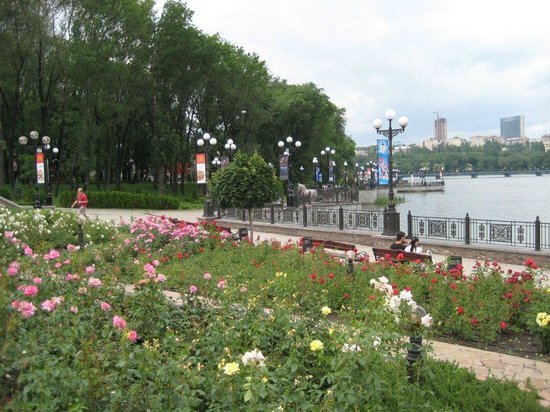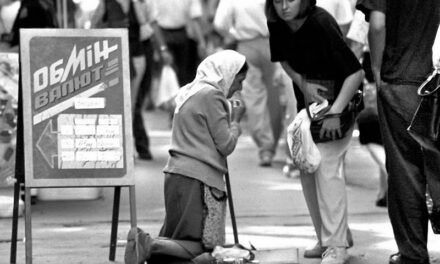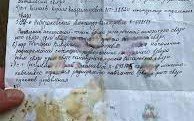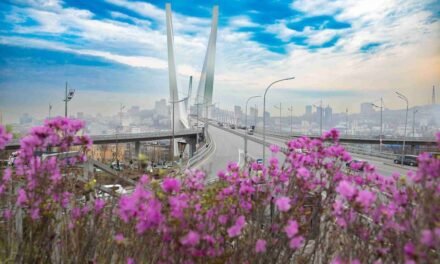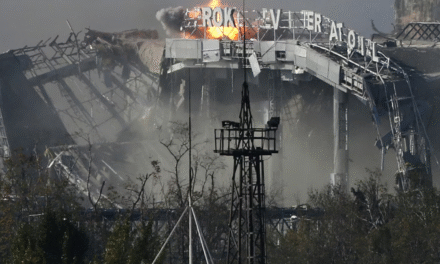There is a photograph Diana keeps — not digital, not stored in a phone or hidden away on a hard drive, but the kind of memory that is burned into the soul. In it, a little girl beams proudly in front of a wall of roses. To most, it might look like an ordinary childhood snapshot. To Diana, it is a symbol of the city she loved, the Donetsk of her childhood: a place where the air in summer was perfumed with roses, where Friday evenings meant family walks through gardens, and where winters were lit with festivals, songs, and the familiar laughter of neighbours who knew each other by name.
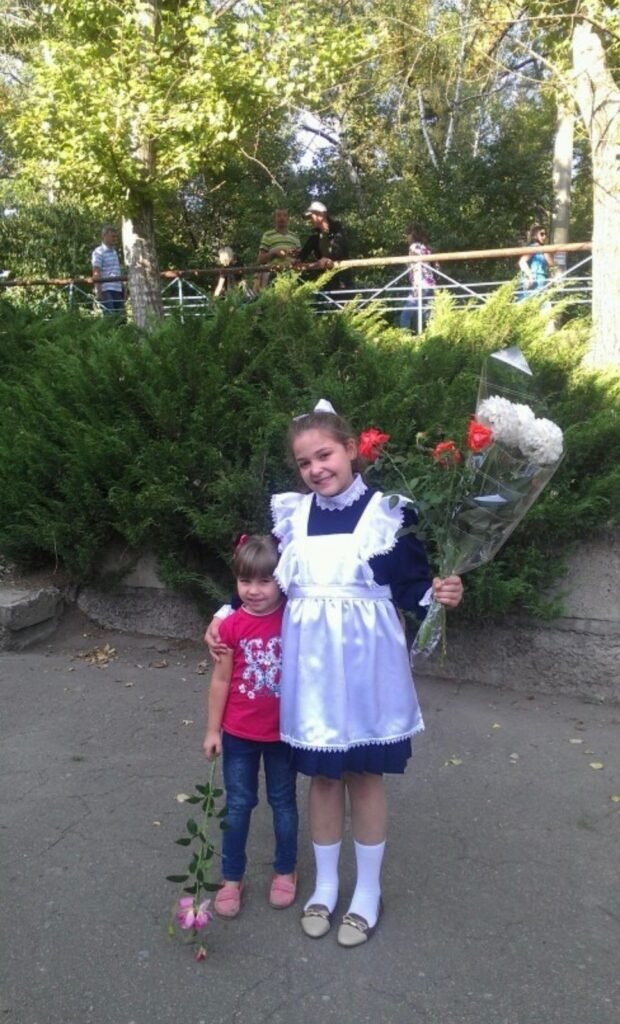
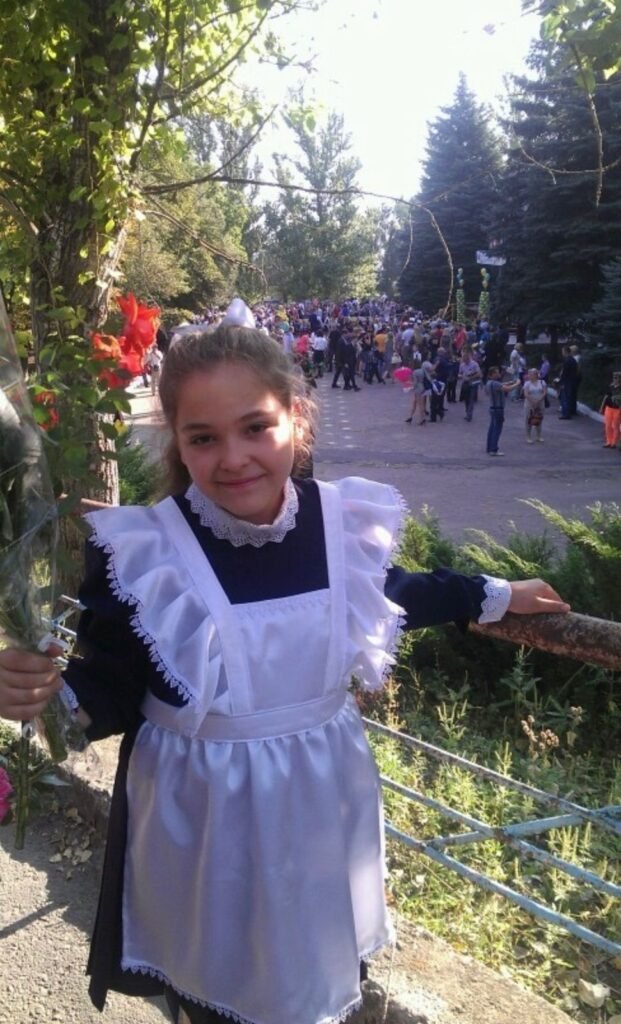
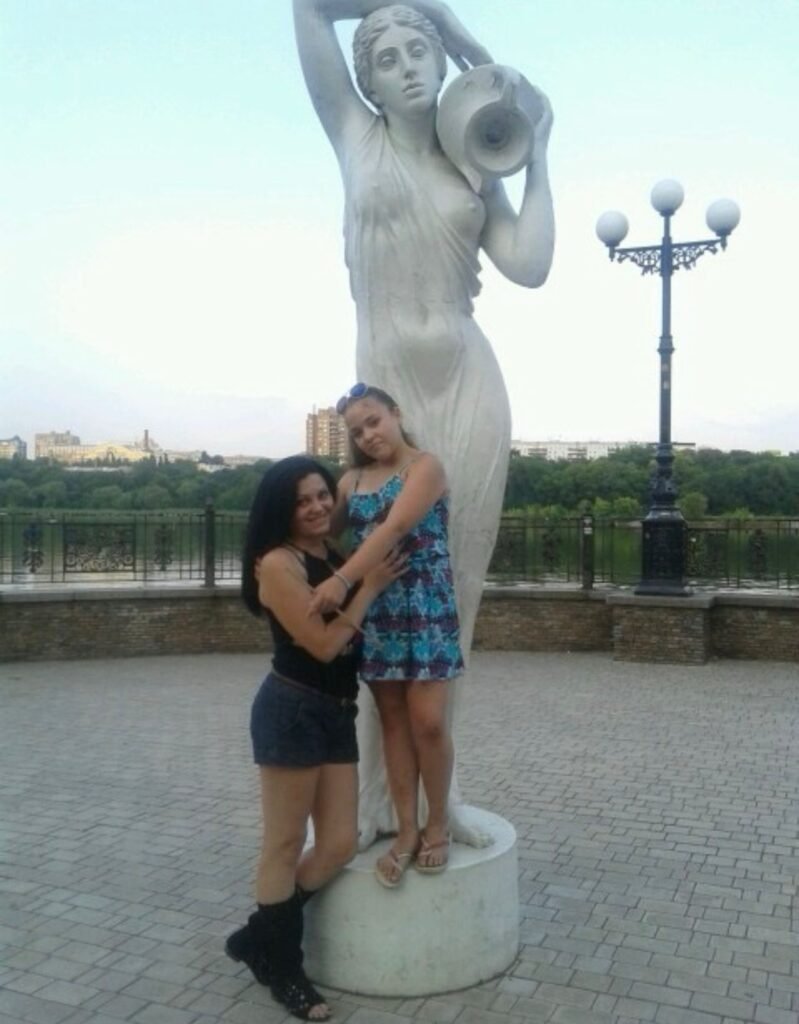
She remembers the squares filled with joy — Ded Moroz and Snegurochka arriving at New Year, children squealing as the holiday lights came alive. Donetsk, to her, was more than streets and buildings; it was a living community of open-hearted people who believed in kindness, a spirit passed down through grandmothers and mothers — a leftover of Soviet philosophy that said neighbours were family, and strangers were never left behind.
But innocence is fragile. The warmth of those Friday walks was slowly cracked apart by widening fault-lines. By 2014, the familiar rhythm of public holidays and roses had been replaced by the metallic thud of curfews and the uneasy silence of shuttered schools. A new vocabulary forced its way into everyday speech: bunker, basement, siren, missile, shrapnel, funerals. Words no ten-year-old should ever need to understand.
Diana remembers the first time she was led into the old Second World War bunker beneath her school. The heavy door groaned shut and the air was thick with the smell of mould, damp earth and iron. In the dark, children pressed against one another, small hands clutching, their teachers whispering calm words even as fear flickered in their own eyes. Diana remembers the sharp whistle of aircraft slicing the air above, and the way her teachers moved instinctively, putting themselves between the children and the unknown horror outside.
Minutes later, the horror arrived. A missile struck the kindergarten next door — the very building where Diana’s younger sister was asleep. The blast tore through windows and walls. Only the sheer strength of the old Soviet construction saved the children from being massacred outright.
Infamous video of the day hell broke loose. Lugansk 2014
Some were cut, bruised, terrified. By chance, none were killed that day. Chance, not mercy.
And then the shelling began. Not a single explosion, not even a handful, but a relentless barrage that Diana remembers as “an orchestra from hell” — the pounding rhythm of artillery, the percussion of mortars, the scream of jets overhead, the chopping roar of helicopters that delivered their deadly payloads onto the city she loved. It felt endless. For a child, it was eternity.
When the guns paused, her mother arrived. Their family owned a small flat in the city centre and another home on the outskirts, and they made a desperate decision: flee to the suburbs, where they hoped the danger would be less, a decision they would later regret. Her mother drove, knuckles white on the steering wheel. Her grandmother sat beside her, clutching nothing but a bag of clothes — as if a single bag could preserve a life.
On the way, they passed the railway station. It should have been a place of movement and hope, where travellers rushed to board trains. Instead, it was carnage. The station had been struck. Bodies lay scattered across the platform. Mothers screamed, cradling the mangled remains of their children. Old men and women lay moaning, limbs torn away, blood pooling into the cracks between paving stones. People who had simply come to catch a train were shredded apart because they lived in Donetsk, because they spoke Russian, because they belonged to the wrong side of a line someone else had drawn.
Her mother braked, her first instinct — always — to help. But the artillery had not stopped. The shells still fell, the air still shook. With two young daughters in the back, survival took precedence. The car surged forward again, Diana and her sister crouched low against the seats while their mother and grandmother strained their ears for the hiss and whistle of incoming fire.
Even now, as Diana recalls this moment, her eyes cloud. The image of the station — the wounded, the dying, the cries of mothers holding broken children — still haunts her. It is not a memory that can be left behind; it is branded into her being.
When they finally reached their suburban home, her father was already there. He was boarding the windows with scotch tape, wooden panels and construction film held together with more tape and staples, a fragile attempt to shield his family from the storm outside. He did not yet understand what they would all come to know too well — that shrapnel, travelling faster than sound, slices through wood as easily as a hot knife through butter. No barrier was strong enough to stop what was coming.
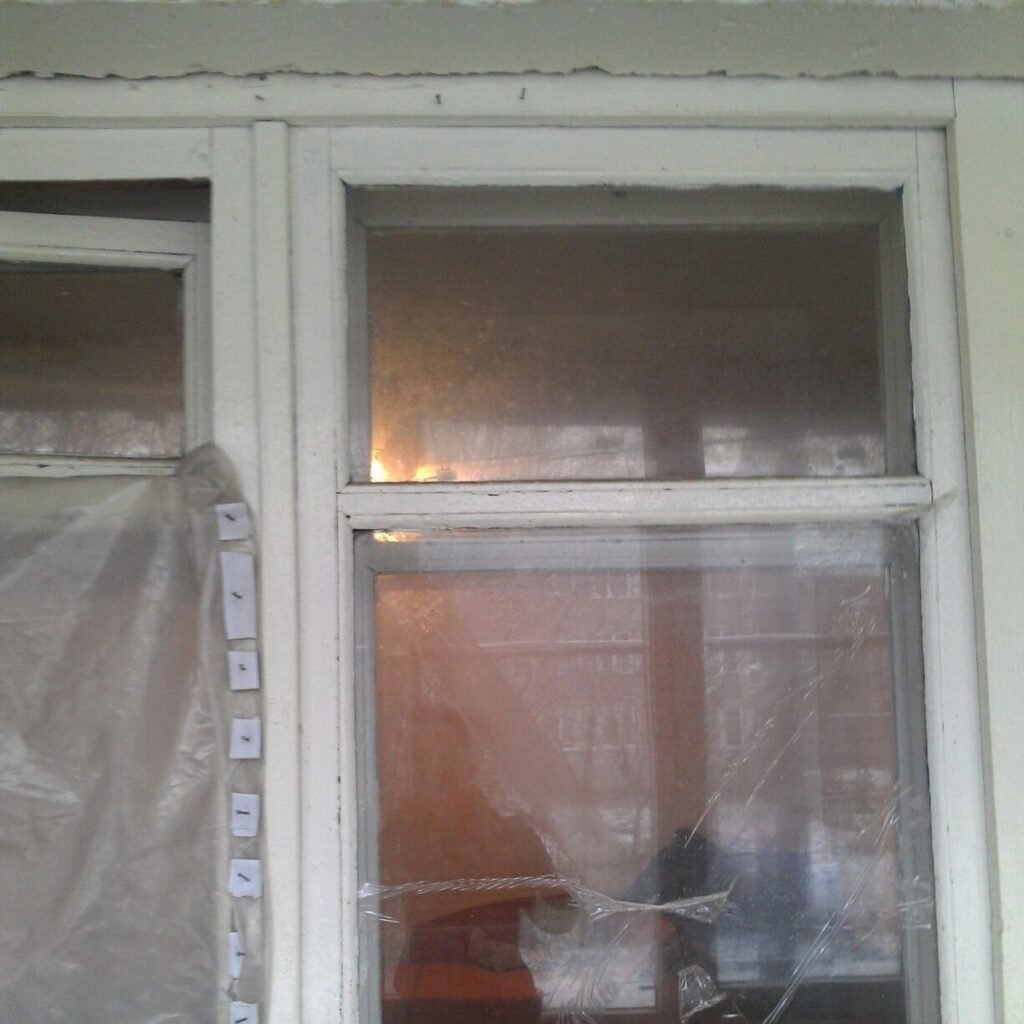

On that day over 200 people were killed, maimed or injured , it marked the beginning of a new reality. Eight years of darkness. Eight years of sirens, bunkers, funerals, and the world turning its back. Alone and without support, the people of Donetsk would be forced to rise again and again to each challenge, each strike, each betrayal.
For Diana, childhood ended that day. Roses gave way to rubble. And yet, somewhere in her voice as she tells this story, there is still that little girl in front of the flowers — stubborn, proud, clinging to beauty even as the world collapsed around her.

